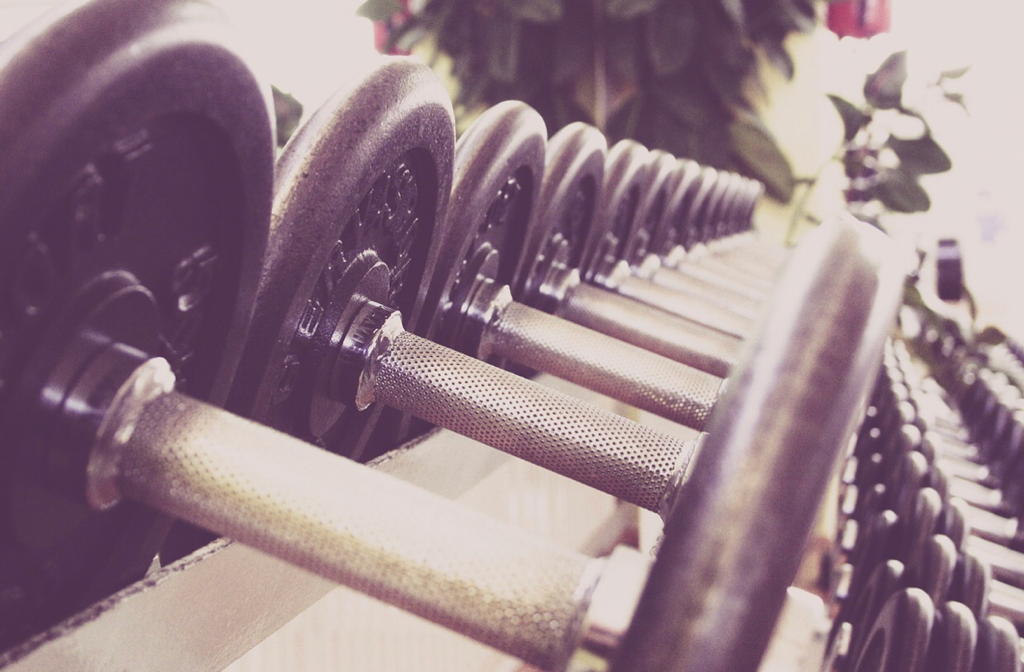How Exercise Could Be the Key to Accelerating Your Addiction Recovery
Those currently going through addiction recovery know that it isn’t a cakewalk. Quitting isn’t easy, and when addiction has controlled your life, it can seem almost impossible to pick up the pieces and get back on the right track. It’s for this reason that so many turn to addiction treatments to help point them in the right direction, but even then, recovery can feel like it’s moving at a crawl.
If you’re ready to give your recovery a boost, then maybe it’s time to get on your feet and run. You’re probably already well aware of the benefits of daily exercise, but what you might not know is the kind of impact that exercise can have on your addiction recovery. Here is a breakdown of how a little sweat can help accelerate your journey to recovery.
The Science Behind Sweating Out Addiction
While everyone’s road to recovery is unique, there are a lot of similar beats that recovering addicts face when giving up drugs and alcohol. Many in recovery share symptoms of withdrawal, which typically include intense cravings, restlessness, and higher levels of stress and anxiety. These symptoms are often big hurdles, and each one poses a risk for relapsing into old, self-destructive habits. By committing to your physical fitness, you can alleviate many symptoms of withdrawal. Exercise affects more than just your physical health and is known to reduce stress, anxiety, and even depression.
Exercise can even be a formidable substitute to the high you can crave when abstaining from drugs and alcohol. When you put your body to work for an extended period of time, your muscles will feel weak, your legs sore. As you approach physical exhaustion, your mind will actually release a stream of endorphins through your body, giving you what many refer to as a runner’s high. This incredible feeling you get when pushing your body to the limit is a healthy replacement for the kind of high you receive from dangerous, addictive substances and can also encourage you to keep working on your physical fitness.
What Exercises are the Best for Recovery?
Now that you know a little bit about how exercise can facilitate your addiction recovery, you’re probably wondering which exercises produce the best results. The answer is not always the same for everyone, and it depends a lot on your current health and physical ability. If you’re just starting out, then perhaps light aerobic activities such as walking or jogging may be ideal for you. If you already have an athletic background, you might step up your game or include intense strength training.
The best exercise is the kind that motivates and challenges you. If you like being outdoors, try running or cycling. If you’re competitive you can join an amateur sports league. When you find a form of exercise that you want to come back to, you know you’ve found a way to supplement your recovery.
How to Get into a Healthy Routine
Once you find the exercise that’s right for you, you’ll need to find a way to make it a regular part of your life. The best way to do this is by creating a fitness routine for yourself. It’s already a good idea to have an organized schedule for you daily activities. By setting aside to exercise three to four days out of a week, you can start creating a healthy routine for yourself.
After following your routine for several weeks, you won’t think twice about devoting an hour of your day to exercise. Soon it will become a habit for you, one that is healthy for your body and mind. A few months later, you’ll start noticing positive results, and you’ll realize that with the changes in your body, you too have changed from the person you once were. This is how exercise has the power to change your life and accelerate you down the road to addiction recovery.
Photo Credit: Pixabay.com
Written by Constance Ray


 RSS Feed
RSS Feed